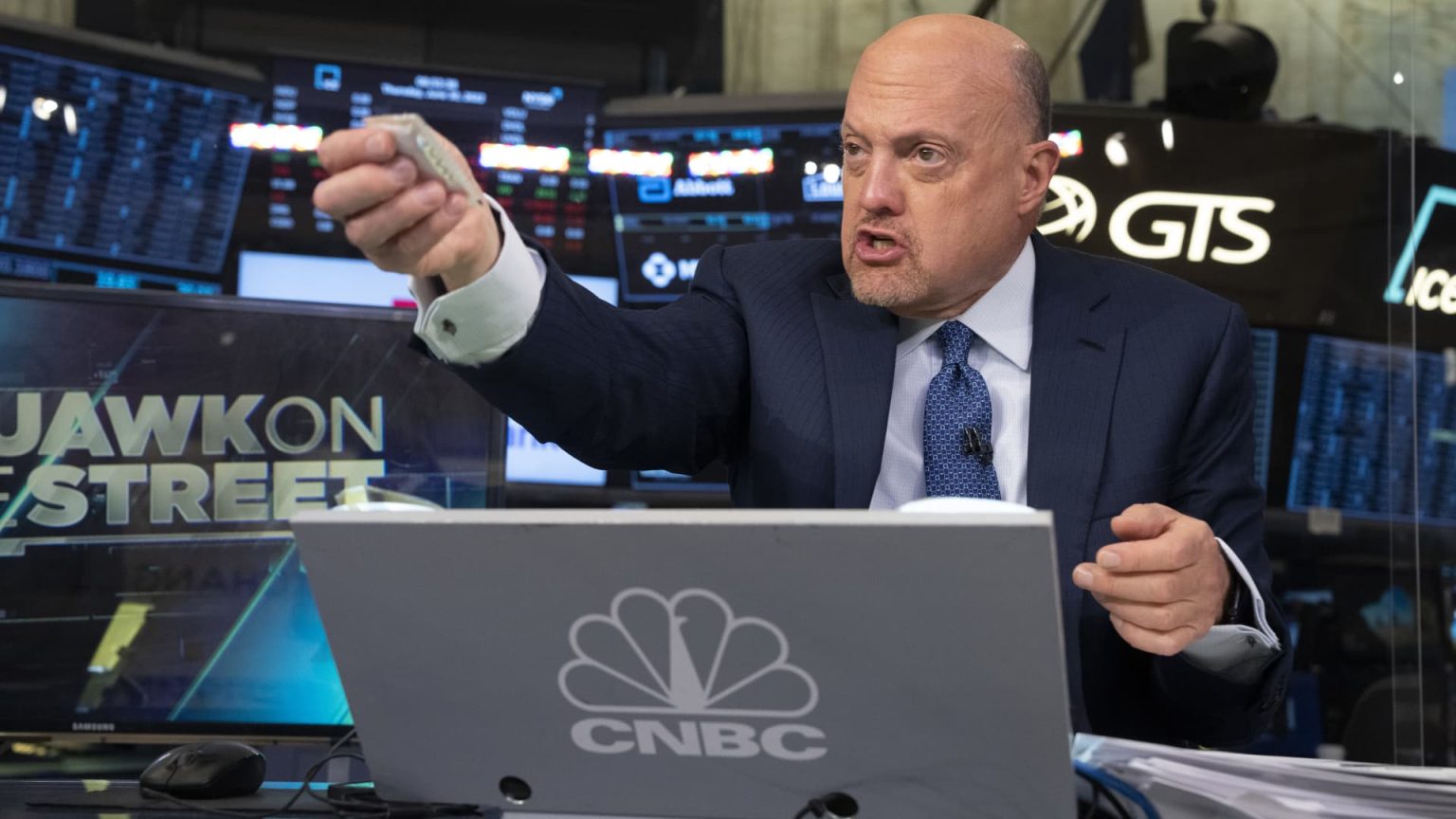The margin calls of the traders who had borrowed the yen reverberated around the world, leading to global market turmoil. The European markets led the decline, with the Magnificent Seven mega-cap stocks, including Apple, Amazon, and Microsoft, also being impacted. Nvidia, in particular, dropped significantly, calling into question its standing in the trillion-dollar market cap club. Additionally, Warren Buffett had sold nearly half of his Apple position without explanation, causing concerns about the stability of these top holdings. The events of that day highlighted the lack of trust in stocks, with even established companies like Apple and Nvidia experiencing significant price fluctuations.
The market turmoil and concerns about overvaluation in the tech sector were further exacerbated by uncertainty around Federal Reserve interest rate decisions. The upcoming earnings report from Nvidia was seen as a crucial moment to assess the company’s performance and future prospects. Analysts were looking for significant financial upside and reassurance about the company’s product pipeline, especially the Blackwell chip platform. Investors were also eager to hear about Nvidia’s plans for utilizing its cash reserves, potentially through a large buyback program. The earnings report was expected to provide insight into the company’s tone and strategic direction moving forward.
Apple’s evolution from a hardware company to a software and fee-based services provider was noted as a key factor in its growth potential and valuation. The collaboration with Microsoft-backed OpenAI was highlighted as a strategic move that could significantly impact the company’s revenue streams. The potential for additional partnerships in the artificial intelligence space further added to the company’s allure. Despite concerns about Apple’s high valuation, its strong customer base and revenue growth from services were seen as key drivers for future growth.
Nvidia’s unique position as a leader in accelerated computing and generative AI technologies was underscored as a major growth opportunity. The company’s innovative approach to hardware and software development gave it a competitive edge in the market. While concerns about Nvidia’s valuation and stock price fluctuations were acknowledged, the company’s long-term potential in transformative technologies was seen as a key factor in its growth outlook. The continued development of Blackwell and other future projects were viewed as critical milestones for the company’s success.
The events surrounding the market downturn and the subsequent recovery highlighted the underlying trends and opportunities in the tech sector. Despite short-term fluctuations in stock prices and concerns about valuation, the long-term growth prospects of companies like Apple and Nvidia remained strong. Investors were advised to consider the broader strategic shifts and technological advancements driving these companies’ growth, rather than focusing solely on short-term market movements. As the tech landscape continued to evolve, companies like Apple and Nvidia were positioned to capitalize on emerging technologies and market trends, providing potential opportunities for continued growth and innovation.













